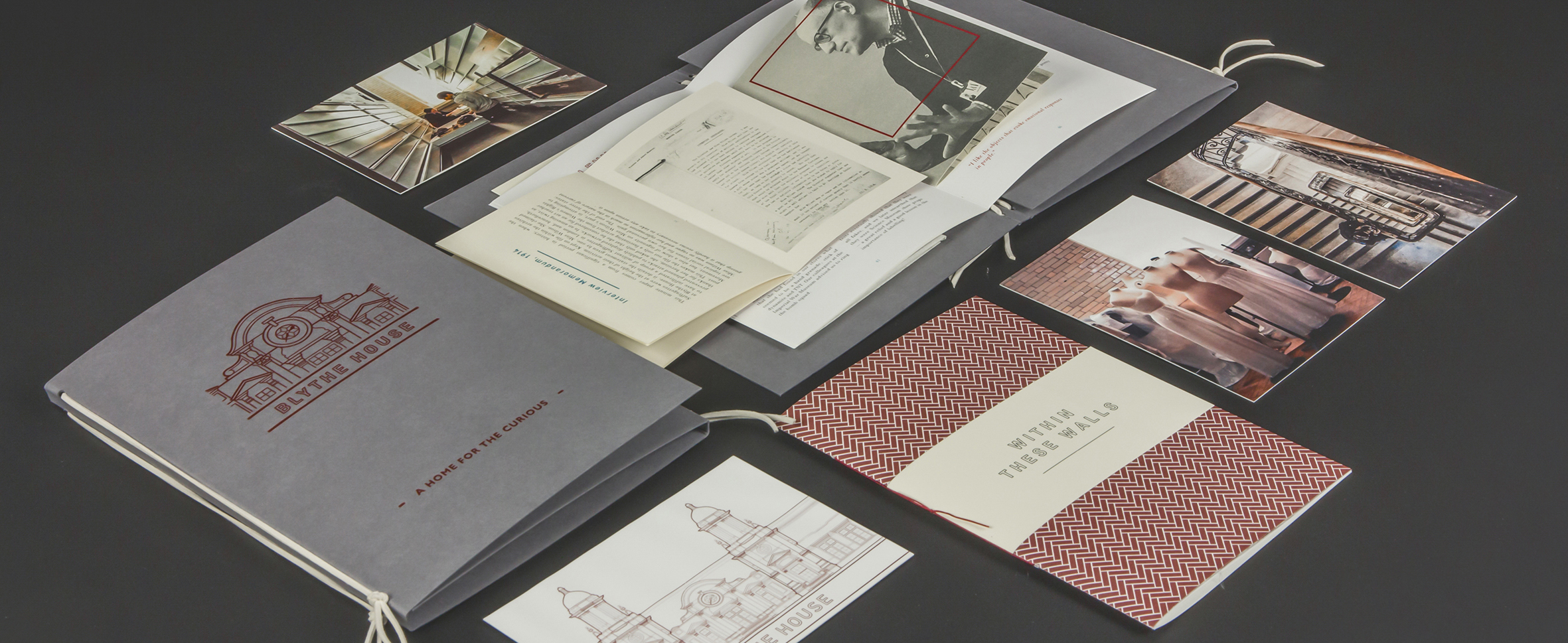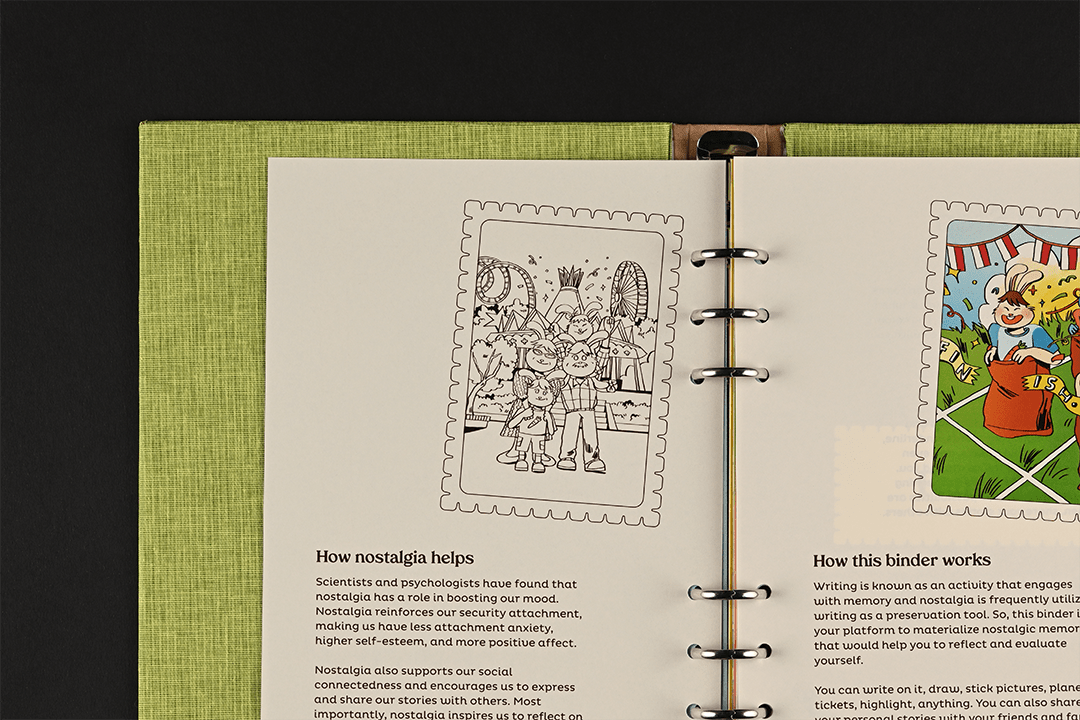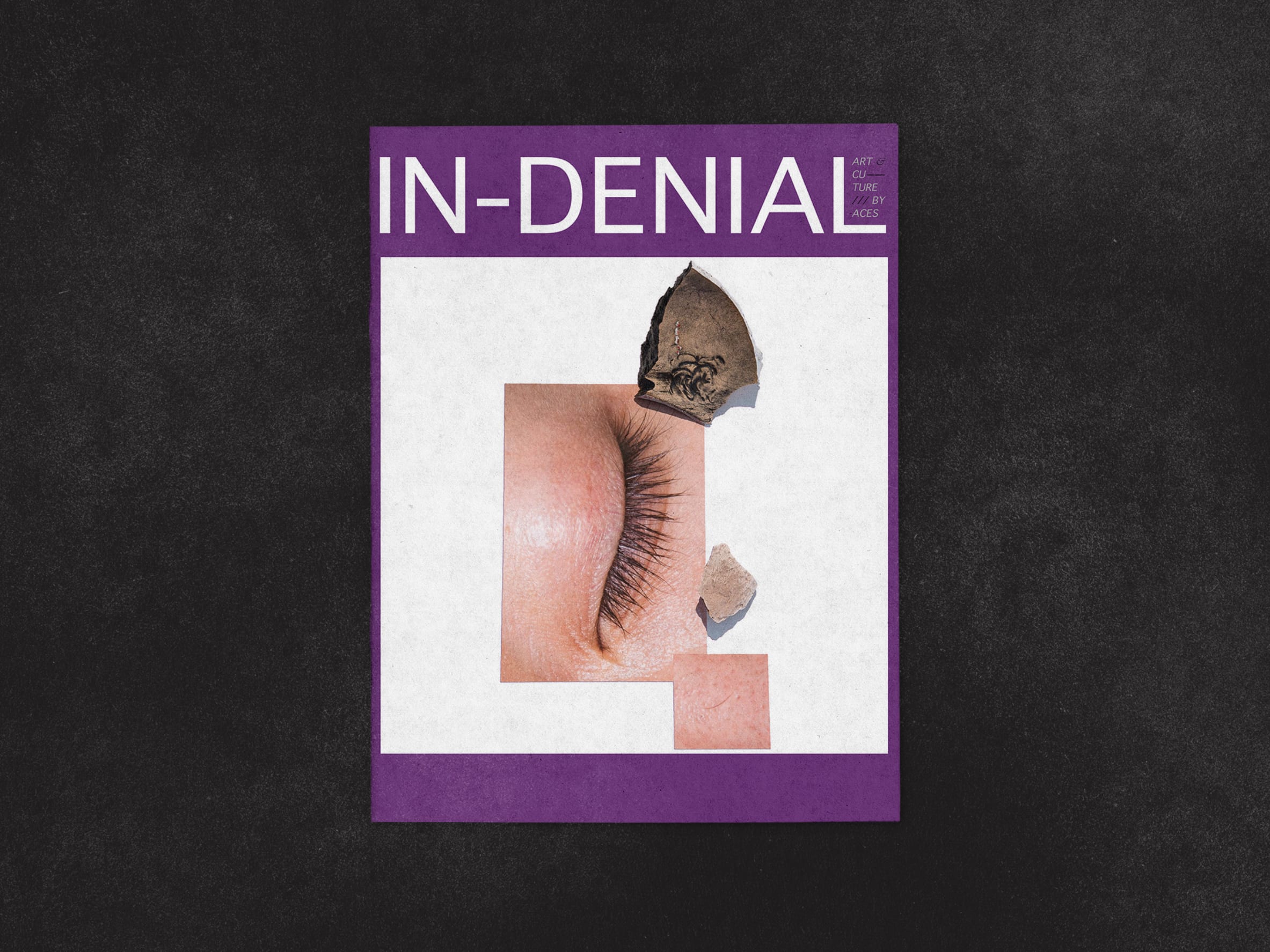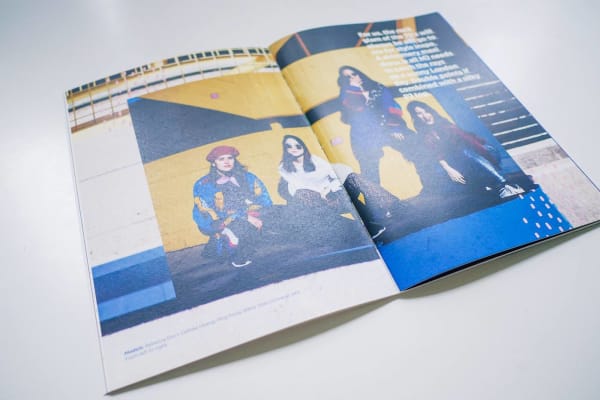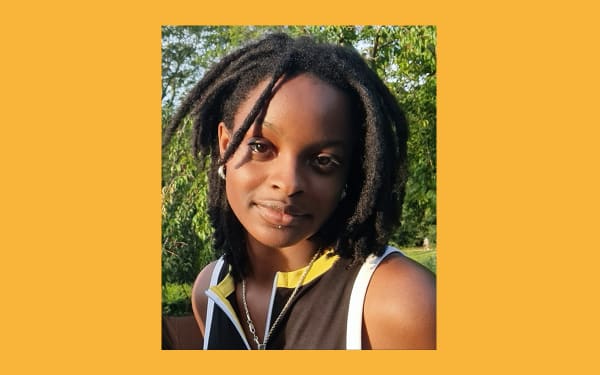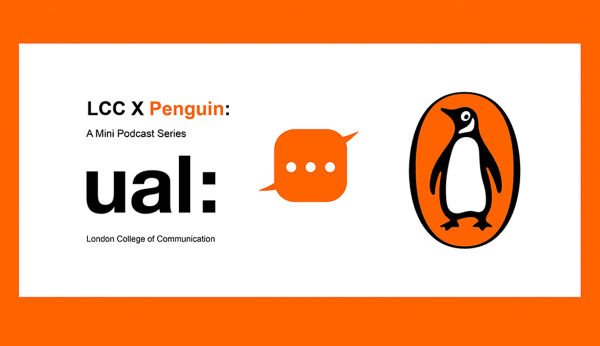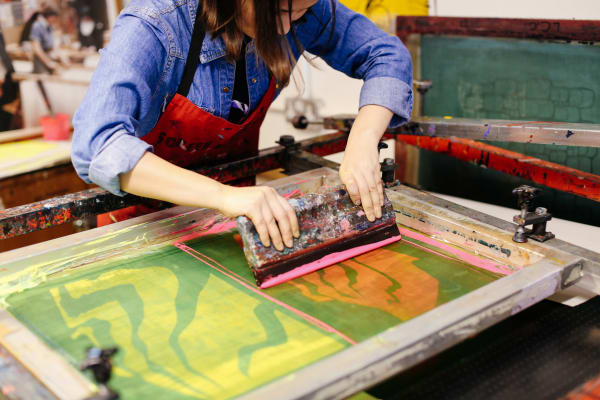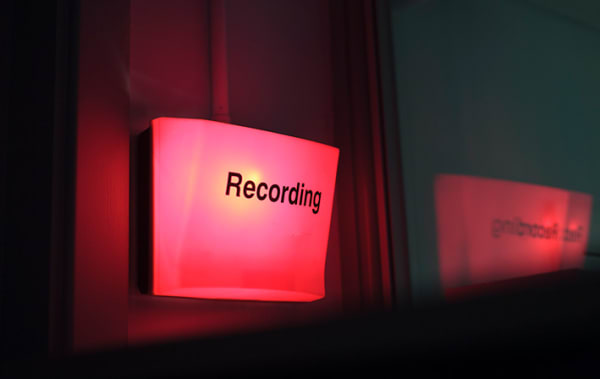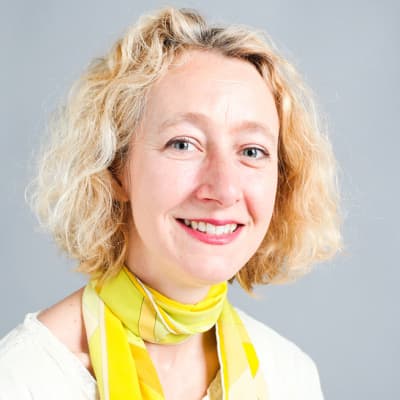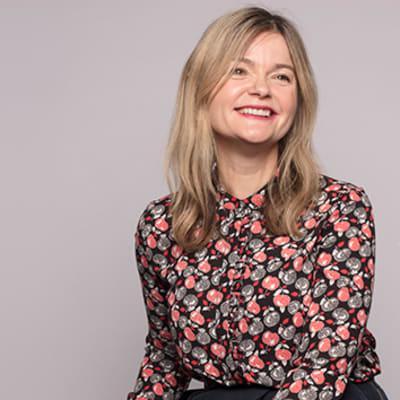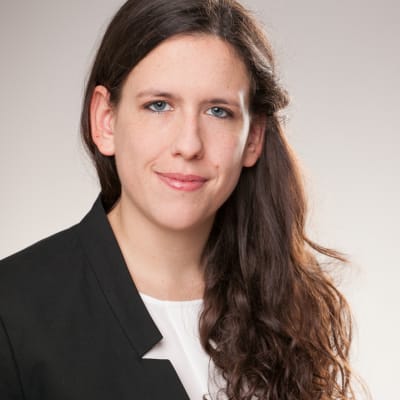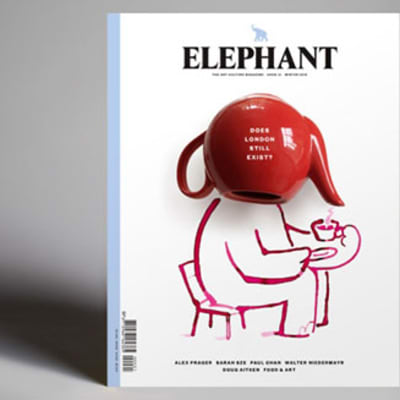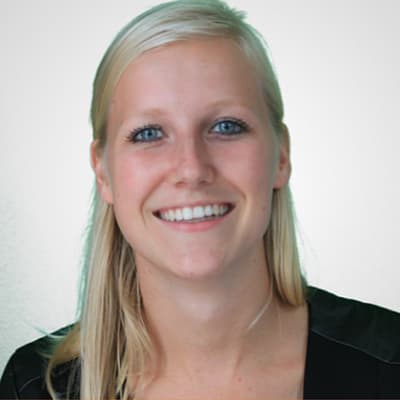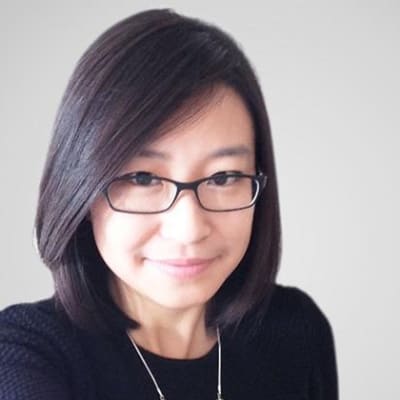Course units
We are committed to ensuring that your skills are set within an ethical framework and are embedding UAL’s Principles for Climate, Social and Racial Justice into this course.
Each course is divided into units, which are credit-rated. The minimum unit size is 20 credits. The MA course structure involves 7 units, totalling 180 credits.
Autumn, Term 1
The first stage of the course introduces publishing theory and analyses aspects of content and audience. You’ll explore the publishing process from commissioning and copyright to marketing and production. You’ll learn critical approaches and make connections across your growing holistic understanding of publishing. You’ll start to explore aspects of research that will underpin your final project.
Context (20 credits)
Surveying the theoretical context and creative industries in which publishing sits, you’ll focus on building your academic research and reading skills.
Content (20 credits)
Taking a practical approach to learning, this unit will support you to explore the traditional commercial frameworks for books and magazines. You’ll analyse and evaluate ways to source and develop content, as well as designing and producing different types of content using print and digital production methods.
Audience (20 credits)
You’ll explore ways to analyse and understand markets as well as creative approaches to identifying and engaging diverse audiences for published content. The focus of this unit is on industry-facing assignments.
Spring, Term 2
The second stage of the course provides opportunities to develop creative and collaborative approaches to publishing. With the focus on projects, you’ll have the opportunity to put your learning into practice. Research, practical working and industry-facing activity continue through these units.
You'll have the opportunity to experiment, connect with other creative people and develop your thinking around future publishing applications.
Audience (continued)
Collaborative Unit (20 credits)
Applying your learning so far, you’ll work alongside other creatives to manage a publishing project to a deadline. This project emphasises practical aspects of workflow and project management as well as creativity in collaboration.
Innovation (20 credits)
Offering the opportunity to build on your digital skillset, you’ll conceptualise an experimental publishing product or service in digital-only formats. You’ll think about content from a digital-first perspective, examining existing models of innovation and exploring new business models for digital products. This project involves research to drive experimentation.
Professional Practice and Enterprise (20 credits)
This unit focuses on your professional journey with support and discussions looking at future careers and opportunities in the sector. You will engage in conversations with industry guests, be involved in producing our annual publishing event and explore cutting edge ideas in publishing.
Summer, Term 3 and Autumn, Term 4
Innovation (continued)
Professional Practice and Enterprise (continued)
Major Project (60 credits)
The Major Project is your opportunity to develop a significant project of your own, building on your learning from the previous stages.
Choices of output here allow you to explore an industry-facing publishing issue, question or problem, depending on your particular interests and personal approach.
You may choose to work on a dissertation, a research project leading to the development of an artefact or prototype, or a business strategy research document.
All choices will involve conducting primary research, applying methodologies that are taught as part of this unit; a critical and analytical approach, as appropriate to a higher level of study, will be reflected across these options ensuring this research stage is challenging and stimulating.
The unit commences with taught sessions in the first part of the summer term before you’ll continue to work independently on your project for the remainder of the course, with the support of your supervisor.
